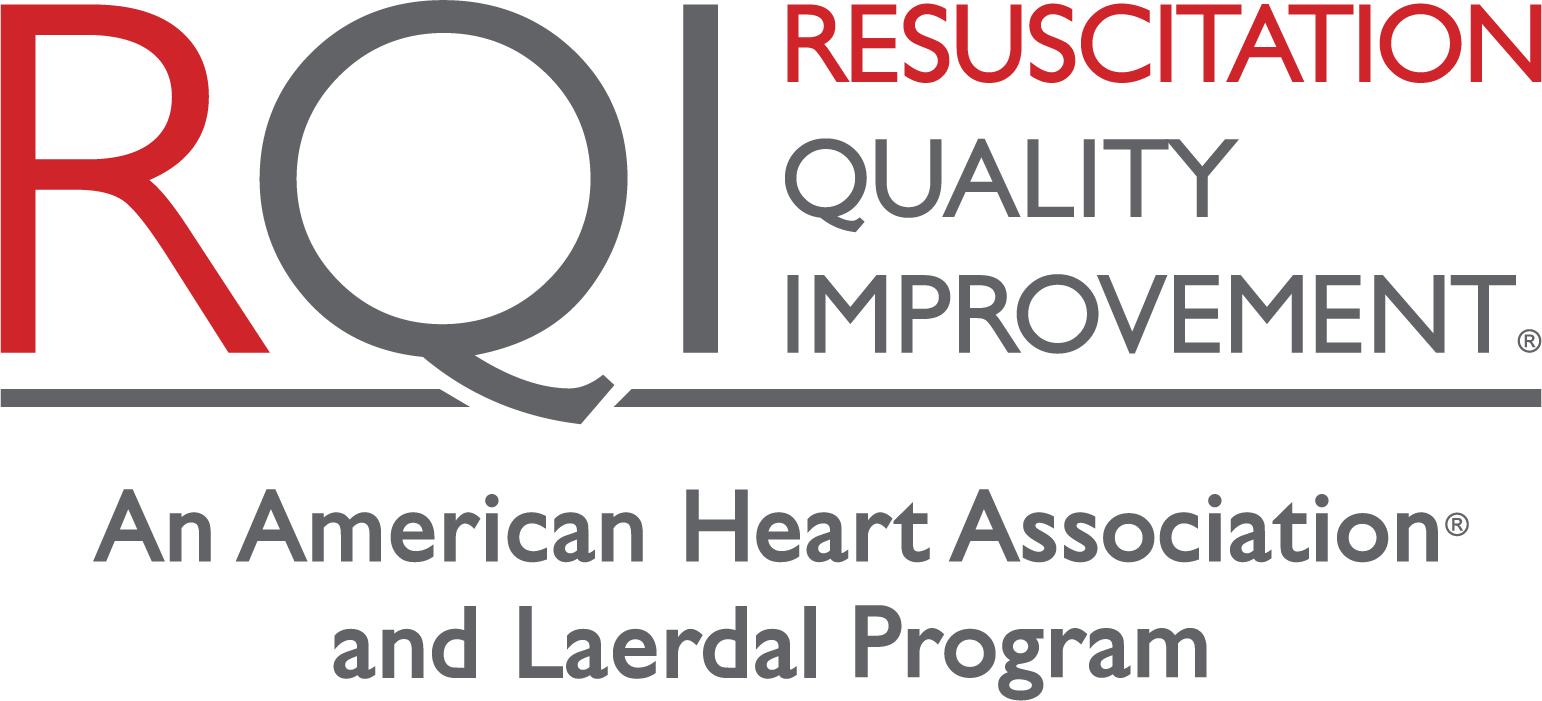Contextual Learning, Debriefing, Deliberate Practice, Education Science Guidelines, Feedback, Low Dose, High Frequency, Mastery Learning
The provision of an effective education component is highly dependent on the instructional design of the educational endeavor because design strongly determines how content is delivered to and ultimately taken ...
Feedback, Low Dose, High Frequency, RQI-Based
Maintenance of CPR skills among nursing students trained using Resuscitation Quality Improvement program
CPR, the cornerstone of cardiac arrest management, is a competency for nurses and nursing students to master and retain. However, providers experience skills decay rapidly within weeks to months after ...
Feedback, Low Dose, High Frequency, RQI-Based
Developing competency of nursing students in cardiopulmonary resuscitation using Resuscitation Quality Improvement technology
In the United States, nearly 290,000 hospitalized patients suffer in-hospital cardiac arrest each year. The knowledge retention and ability to perform high-quality CPR is critical. Traditionally, the focus of CPR ...
Resuscitation Quality Improvement (RQI®) HeartCode Complete® Program Improves Chest Compression Rate in Real World Out-of-Hospital Cardiac Arrest Patients
Out-of-hospital cardiac arrest (OHCA) survival remains low at approximately 10% in the United States. High-quality CPR is one of the most important factors in improving survival. The RQI HeartCode Complete ...
Feedback, International, Low Dose, High Frequency, RQI-Based
RCT comparing the clinical effectiveness of conventional instructor-facilitated cardiac compression training to technology enhanced training using high-fidelity mannequins – A pilot study
While effective chest compressions are the foundation of resuscitation efforts and significantly positively influence outcomes, the quality of compressions provided by healthcare providers is poor. International consensus is to provide ...
Deliberate Practice, Feedback, International, Low Dose, High Frequency
Cardiopulmonary resuscitation retention training for hospital nurses by a self-learner skills station or the traditional instructor led course: A randomised controlled trial
Study demonstrates that skills stations providing feedback are a feasible tool for required frequent retraining and retraining when compared to instructor-led formats. CPR skills performance for hospital nurses using a ...
Deliberate Practice, Feedback, International
Effect of Audiovisual Cardiopulmonary Resuscitation Feedback Device on Improving Chest Compression Quality
Study demonstrates that real-time feedback devices with auditory and visual components help physicians and nurses in improving the quality of chest compressions.
Deliberate Practice, Feedback, International, Low Dose, High Frequency
Deliberate practice in resuscitation training using a feedback device, and the effects of the physical characteristics of the rescuer on the acquisition and retention of cardiopulmonary resuscitation skills: Randomized clinical trial
Study demonstrates that a structured training program with deliberate practice (frequent and structured practice to improve performance) using real-time feedback improves the acquisition of CPR skills and the retention of ...
Assessment, Contextual Learning, Debriefing, Deliberate Practice, Feedback, Low Dose, High Frequency, Mastery Learning
Resuscitation Education Science: Educational Strategies to Improve Outcomes From Cardiac Arrest: A Scientific Statement From the American Heart Association
In order to increase educational efficiency in Utstein’s Formula of Survival, instructional design enhancements for CPR training have been identified to increase educational outcomes, patient outcomes, and survival after cardiac ...
Assessment, Feedback, International
Use of a Real-Time Training Software (Laerdal QCPR®) Compared to Instructor-Based Feedback for High-Quality Chest Compressions Acquisition in Secondary School Students: A Randomized Trial
For chest compression technical skill acquistion, in secondary school students, a training for chest compressions based on a real-time feedback software (Laerdal QCPR®) guided by an instructor is superior to ...
